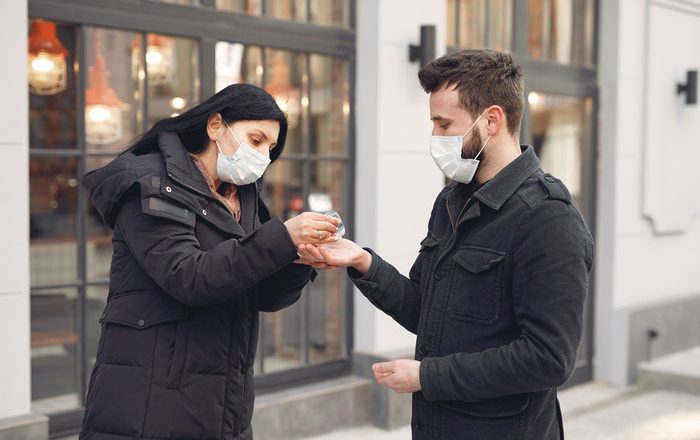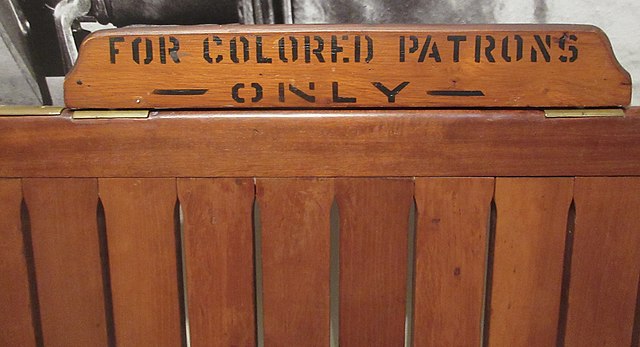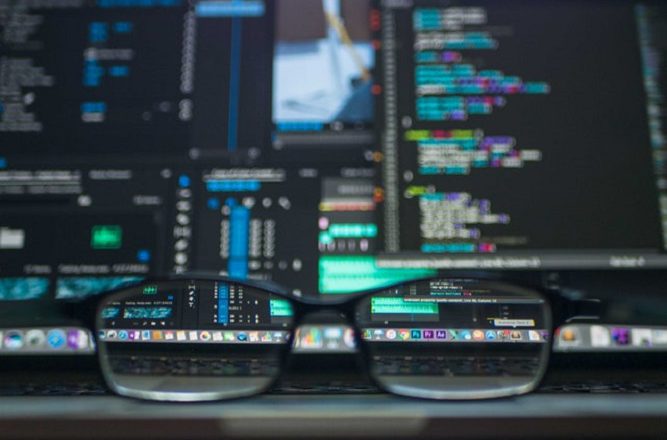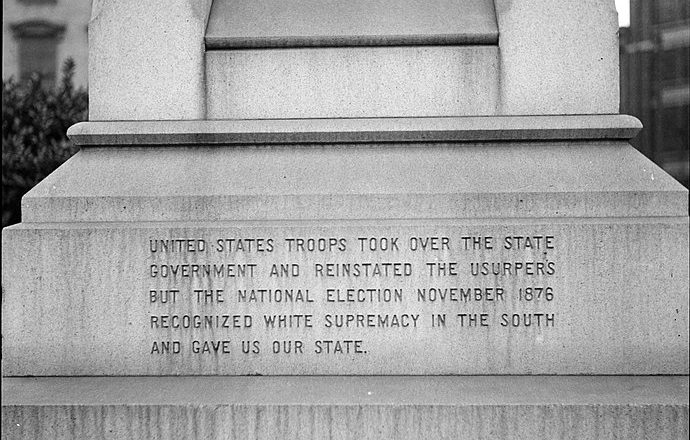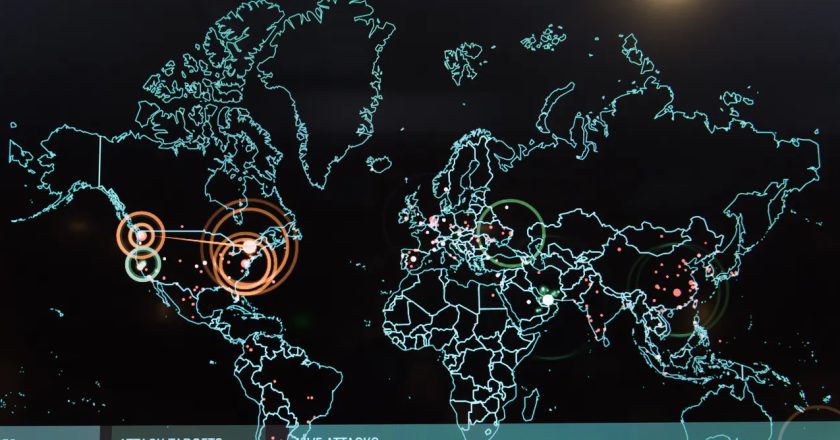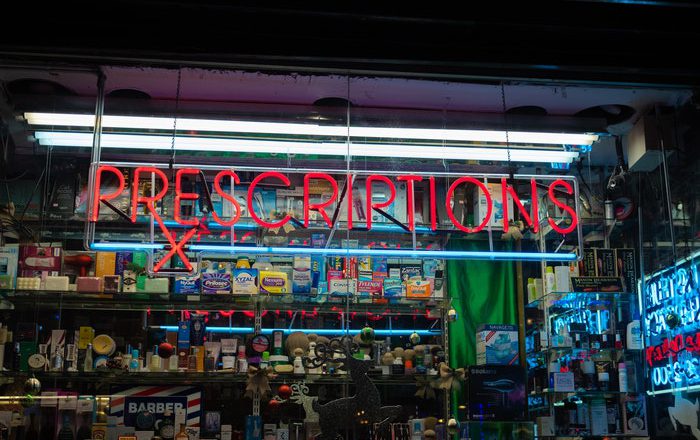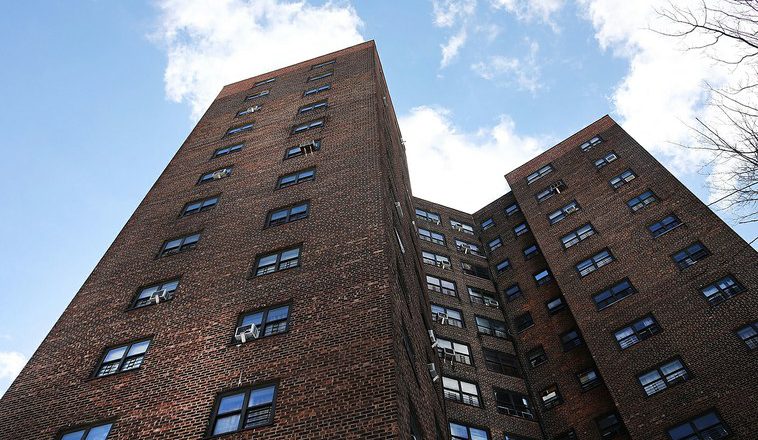How Individual Rights And Government Regulation Are Both Necessary For A Free Society – Masks And Mandates
I’ve been thinking a lot, recently, about the tension between demanding “individual rights” – in the sense of deciding whether or not to wear a mask – and calling for more action on the part of our government to protect us from the coronavirus pandemic.
I’m a political theorist, which means I study how communities are organized, how power is exercised and how people relate to one another in and between communities. I’ve realized – through talking to friends, and thinking about the protests against COVID-19-related restrictions that have taken place around the country – that many people do not understand that individual rights and state power are not really opposites.
The laws and policies that governments enact set the framework for the exercise of our rights. So, inaction on the part of...

